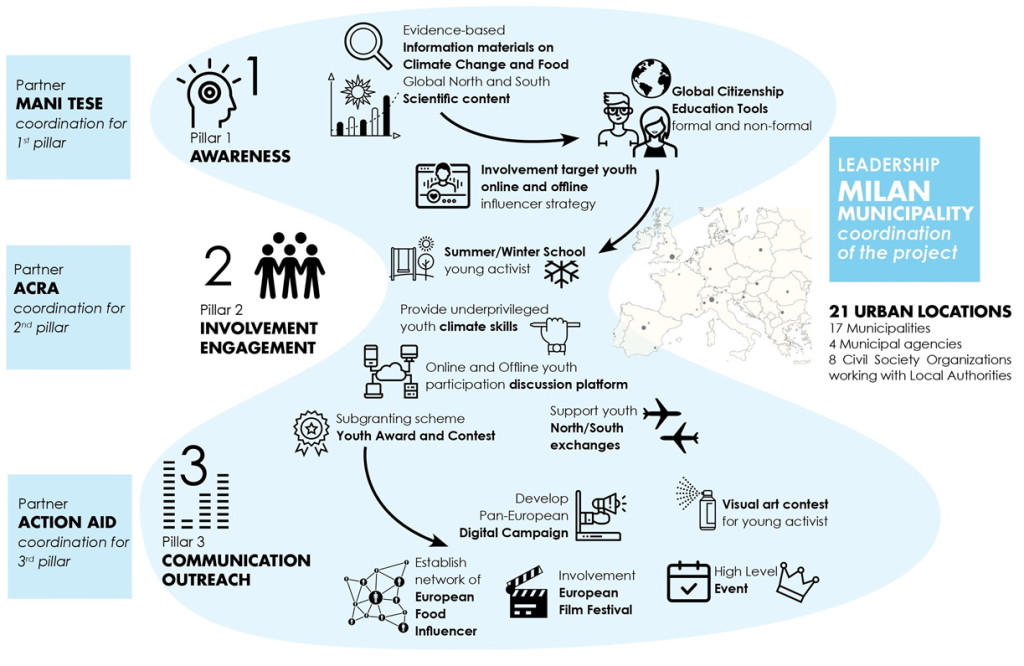Food Wave, Monitoring the project that promotes sustainable food consumption among young Europeans
Title Food Wave – Empowering Urban Youth for Climate Action
Location Europe
Duration 2020 -2024
Project Leader Comune di Milano
Partners ActionAid Italia, ACRA, Mani Tese
Project Network 17 cities, 4 municipal agencies and 8 civil society organisations closely linked to the cities. C40, the international network of cities committed to combating climate change, is an associate partner in the project.
Project partners are: the city of Turin (Italy), Frankfurt (Germany), Warsaw (Poland), London (United Kingdom), Zagreb (Croatia), Sofia (Bulgaria), Madrid (Spain), Murcia (Spain), Malmö (Sweden), Almere (Netherland), San Paolo (Brazil), Bruges (Belgium), Molenbeek (Brussels, Belgium), Nea Smyrni (Athens, Greece), Pest (Hungary), Action Aid Italia (Italy), Mani Tese (Italy), Fondazione Acra (Italy), CLLD Network of Lisbon (Portugal), Climate Agency Agency of Manchester (United Kingdom), Metropolitan agency of Brazov (Romania), ALDA (France), Risteco (France), Alianza por la Solidaridad (Spain), BJCEM – Biennale des Jeunes Créateurs d’Europe et de la Méditerranée (Belgium),Erasmus Student Network (Belgium), Action Aid Hellas (Greece), Wcycle Institute of Maribor (Slovenia). The association Global Shapers (Italy) is involved as third part in this project.
Funidng Food Wave is co-financed bu the European Union under the Programme DEAR
Context
The global food production and consumption system produces about 33% of the world’s greenhouse gas emissions and consumes 70% of fresh water. In addition, the increasingly intensive use of land for crops is one of the main factors in the loss of biodiversity. In the face of this, while diseases such as obesity, diabetes and cardiovascular problems due to poor dietary habits are spreading, millions of people lack secure access to food and suffer from malnutrition or undernourishment.
Achieving a sustainable global food system would help mitigate the effects of consumption on climate change and create a production system in which everyone has a fair livelihood.
The Food Wave project aims to raise awareness among the European population aged 16-35 about the importance of sustainable food production and consumption practices at urban level. By boosting their activism and giving them the tools to influence institutional decisions, the boys and girls involved in the project will be able to lead the global transition towards a more sustainable food system by 2030.
General Objective
Food Wave aims to reach at least 15 million young people through a web platform and digital campaign, supported by an international network of influencers. In addition, the project foresees the realisation of specific research and studies on food and climate change and the involvement of over 3,000 young people through online and offline activities including activism schools, discussion forums, international exchanges, street actions, art competitions and film festivals.
The M&E and Impact Assessment and Inclusive Development Units were involved to conduct the monitoring of the project’s numerous awareness-raising, participation and communication activities.
Our contribution
The structure of the project is set up according to an “hourglass” logic, with the organisation and implementation of three interconnected pillars divided into 13 actions. The three pillars are
- “Awareness” aimed at creating an extensive information and training programme (formal and non-formal) for young people.
- “Engagement” with the aim of actively involving a smaller number of interested young people through winter or summer schools, workshops especially for young people living in peripheral areas, support of youth organisations and youth exchanges between the countries of the North and the South
- Construction of a pan-European awareness-raising campaign which is the third pillar.
The M&E and Impact Assessment and Inclusive Development Units are working on structuring an information collection system that can trace the activation pathway experienced by the activists the project manages to intercept. To achieve this, the research team has developed a set of tools tailored to individual activities and trained partners in their use. Finally, ARCO supported the City of Milan in the overall reporting action by structuring a dialogue between qualitative and financial monitoring.
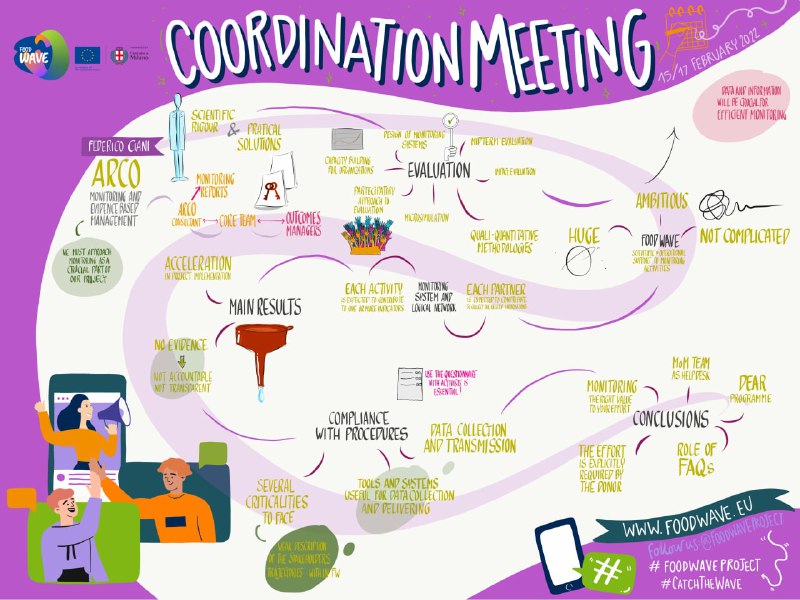
Read more on our M&E and Impact Evaluation Unit
Related Projects
-

Evaluation of the project that promotes food security and climate resilience in Mozambique
-
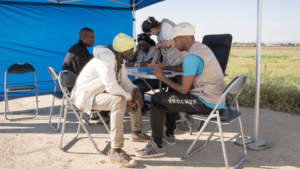
Evaluation of the project strengthening migrants’ right to health in Italy, Greece and Malta
-
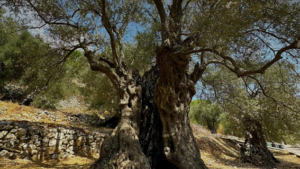
Final evaluation of the project that strengthens olive farmers’ resilience in Southern Lebanon
-
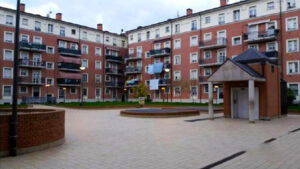
Social impact assessment of the Rapporti Corti project for socio-educational inclusion in the Navile district of Bologna
-

Evaluation of the Naseej project to stop gender-based violence in Iraq, Yemen, and Palestine
-
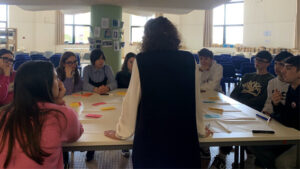
Evaluation of the project that promotes youth employment in Italy
-
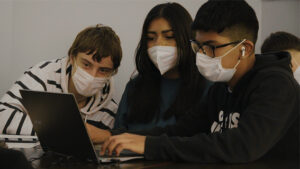
Final evaluation of the ‘5G Smart School’ project for innovative teaching in Italian schools
-
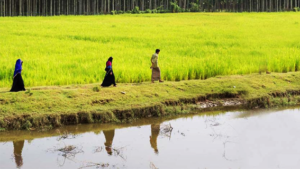
Evaluation of the project that fosters mainstreaming migration into international cooperation and development policies
-

Final evaluation of a project to contrast educational poverty in Albania
-
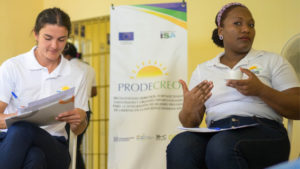
Evaluation of the project PRODECREO to promote the rights and socio-occupational reintegration of women deprived of their liberty in the Dominican Republic
-
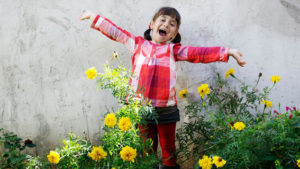
Final evaluation of the SOS Children’s Villages family strengthening project in Bosnia and Croatia
-

Evaluation of the project for the motor rehabilitation of oncological children in Turin
-
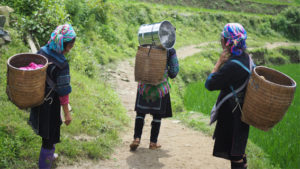
Evaluation of the project that aims to improve the health of the most vulnerable in Myanmar
-
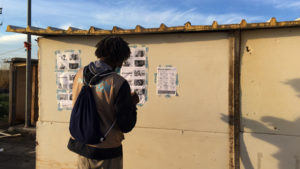
Final evaluation of the project that fosters proximity social-health services in the informal settlements of the Province of Foggia
-
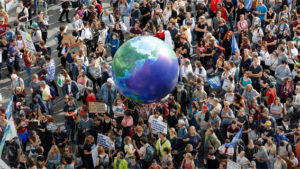
Food Wave, Monitoring the project that promotes sustainable food consumption among young Europeans
-

Spazio Donna, evaluation of the projects to foster women empowerment and contrast gender-based violence
-

Evaluation of the projects “M’Interesso di Te” that tackle unaccompanied foreign minors’ integration
-
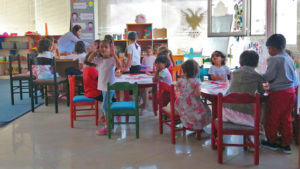
Evaluation of psycho-socio-sanitary interventions in response to the COVID-19 pandemic and the earthquake in Albania
-
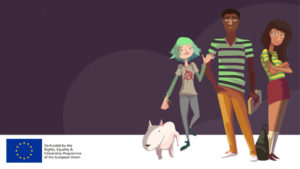
Final evaluation of the Youth For Love project to raise young people’s awareness of gender-based violence
-
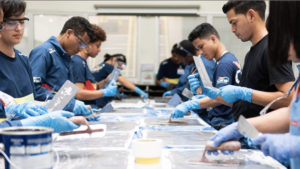
Multi-country mid-term evaluation of the YouthCan! programme, promoting the employability of vulnerable young people
-
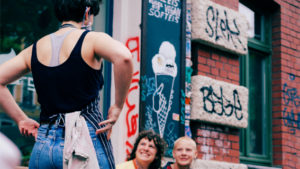
Final evaluation of WEGO2 to support women economic empowerment contrasting intimate partner violence
-
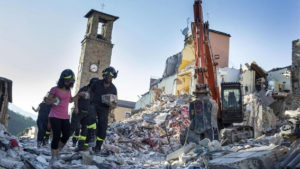
Action Research for the project Do.N.N.E against gender-based violence in Central Italy
-

Evaluation of the project “Mentors for Resilience” to contrast educational poverty
-
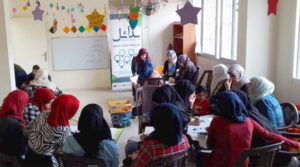
Outcome Harvesting of the project that aims to promote stability and social enterprise in Lebanon
-
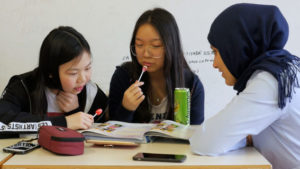
Yearly evaluation and impact evaluation of a programme to foster social inclusion in Tuscany
-
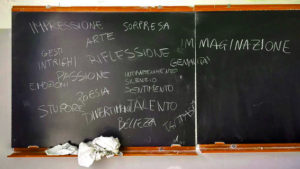
Evaluation of the project “Dreams and Needs” to contrast educational poverty in Italy
-
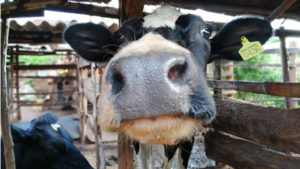
Mid-term evaluation of the project MilKy for the development of a sustainable dairy supply chain in Kenya
-

Final evaluation of Pe.R.Co.rrere: resilience of communities in Center Italy
-
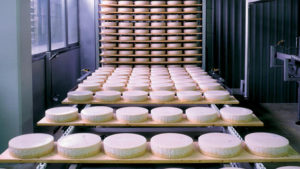
Evaluation of the promotion campaign for Piave DOP cheese in Austria, Germany and Italy
-
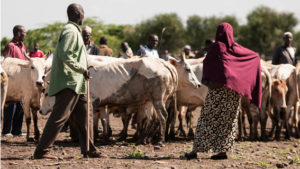
Mid-term & final evaluation of a project to strengthen resilience to climate shocks in Kenya
-
Evaluation of the promotion campaign for Italian specialities in Japan
-
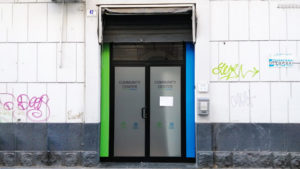
Community center, final evaluation of the social inclusion project
-
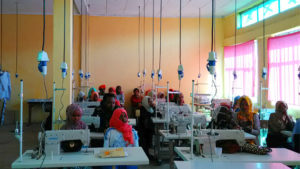
Mid-term evaluation of the project to contrast irregular migration in Ethiopia
-
Mid-term evaluation of the project for the conservation of Protected Areas in Albania
-
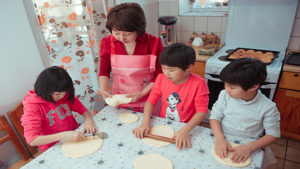
Social Impact Assessment of children’s protection programmes in Kyrgyzstan
-
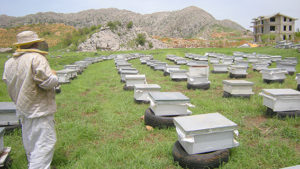
Monitoring&Evaluation of reintegration services for drug addicts and ex-addicts in Lebanon
-
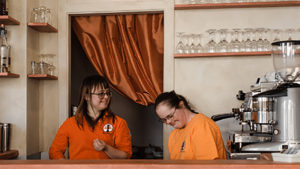
SROI Analysis, Albergo Etico social performance
-
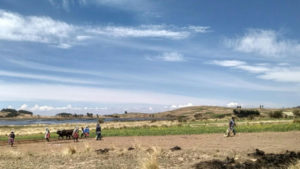
ECO.COM: strengthening local economic development in Bolivia
-

Improving the sustainability in the cherry supply chain in Bulgaria and Turkey
-
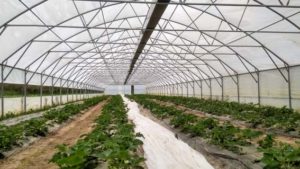
Evaluating sustainable agricultural supply chains in Bosnia Herzegovina and Albania
-
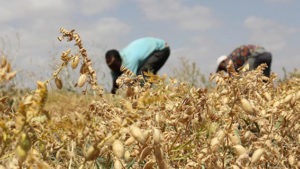
Impact evaluation of the creation of a durum wheat supply chain in Ethiopia
-
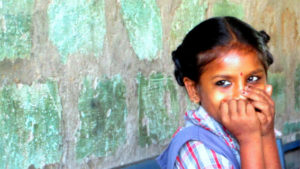
Impact evaluation of a Rehabilitation programme in India
